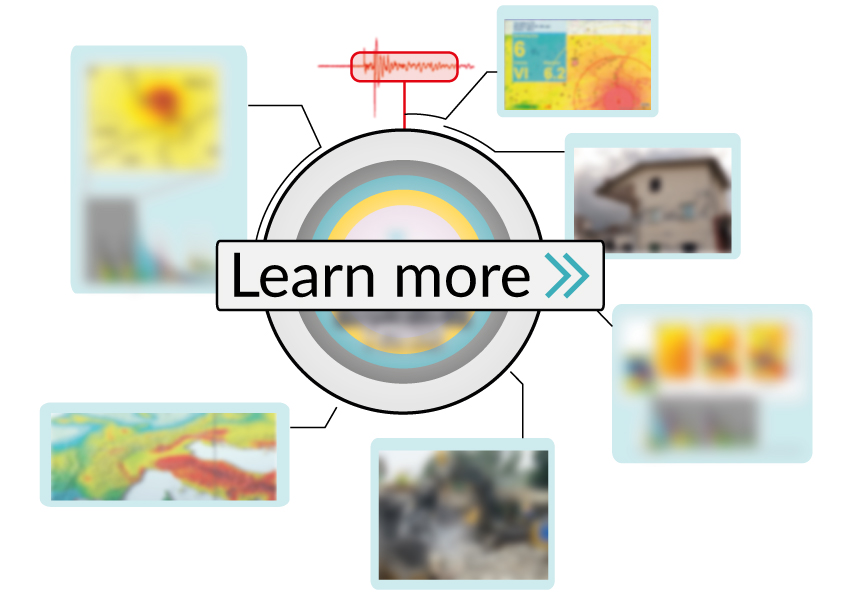RISE in brief
Earthquakes are the deadliest natural hazard. Developing tools and measures to reduce future human and economic losses is the aim of RISE. RISE stands for Real-time earthquake rIsk reduction for a reSilient Europe and is a four-year project financed by the Horizon 2020 programme of the European Commission. It started in September 2019 and came to an end in May 2023. RISE is coordinated by ETH Zurich, it brings together 19 organisations from across Europe and five international partners.
2023-06-30
It's time to say goodbye!
After 45 months, RISE officially ended in May 2023. As the project concludes its remarkable journey, we want to express our gratitude to all project members and stakeholders. Over the past four years, we have achieved and gone beyond the overall goals of RISE together in advancing earthquake risk reduction capabilities for a resilient Europe. Our diverse team of experts from various fields worked collaboratively, embracing an interdisciplinary approach. To all team members, partner organisations, and stakeholders, thank you for your invaluable contributions and support. We are immensely proud of what we have accomplished together.
Although the chapter of RISE has ended, the legacy of our products and scientific advancements lives on and will continue to thrive. Therefore, the RISE website will continue providing access to all its contents, including reports, deliverables, news articles, and more. However, the website will not be updated anymore. For a comprehensive overview of the project's highlights, milestones, and additional information, we encourage you to explore our final RISE newsletter.
Let us carry the spirit of collaboration, innovation, and resilience into our future endeavours. The knowledge and experiences gained within RISE will continue to shape our paths and contribute to the greater good.

